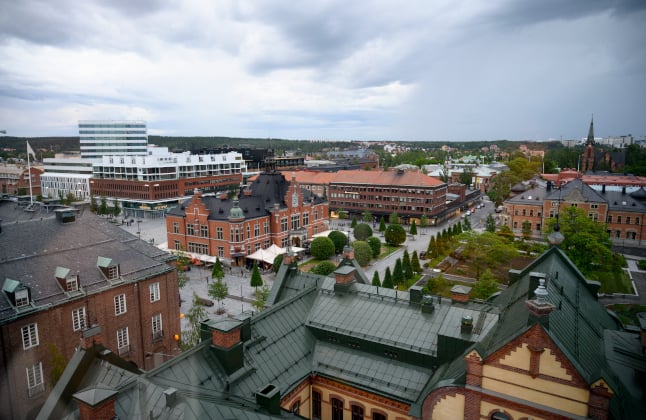The prosecution recounted how the woman attended a party in Umeå, northern Sweden, in October last year where she met three 19-year-old men. She was acquainted with one of them.
The charges said the men had taken her to a bedroom, where one had asked for oral sex while another exited the room only to return with an empty wine bottle.
The Aftonbladet newspaper reported that the teen held the bottle up and said “Why don’t we use this”, before the men pinned her down on the bed and pried her legs open before inserting the wine bottle into her vagina.
The men reportedly ended their actions when the girl started bleeding.
One of the men allegedly told her not to report the incident to the police, which she nonetheless did.
Now a court in Umeå has ruled that while her story was plausible, she may have tried to keep her legs sealed tight out of “modesty”.
The court stated in its verdict that while her story appeared to be truthful, there was no evidence to prove that the young men’s description of the event was unfounded.
“Her story has been quite detailed, and there has been nothing to indicate that it was illogical, contradictory, or exaggerated,” the court ruled.
The verdict further stated that she may have kept her legs together initially out of modesty, or because she was at first “hesitant” to engage.
“People involved in sexual activities do things naturally to each other’s body in a spontaneous way, without asking for consent,” the verdict stated.
The man who inserted the bottle was also freed of a charge of assault, as the court found it was not his intention to hurt the girl. It stated instead that he had shown proof of “exceptionally bad judgment”.
Aftonbladet reported that the young woman’s laywer would not comment the verdict.
TT/The Local/at


 Please whitelist us to continue reading.
Please whitelist us to continue reading.